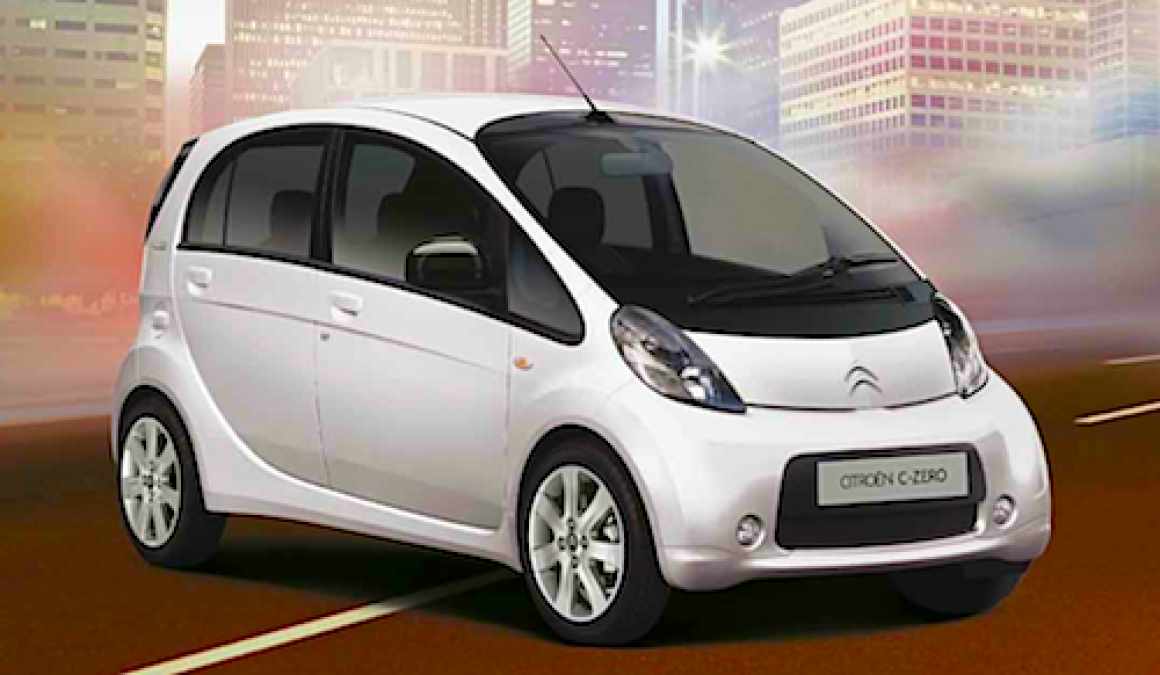The idea of renting cars is not new. After all Hertz and Avis have been renting all sorts of cars for decades. But carmakers don’t rent their cars, that is until Citroen decided to think outside the box and help its potential buyers rent their newly bought electric cars, EVs.
Citroen Share Car Program. The Citroen program called Multicity allows you to share your Citroen’s electric C Zero for roughly $113 or 90 Euros if you happen to live in Europe. The C Zero is none other than the Mitsubishi i MiEV and the collaboration between the Japanese manufacturer and the Peugeot P.S.A. group which also owns Citroen. The C Zero is Citroen’s rebadged i MiEV but with a different market strategy. All you need to do is subscribe to the company’s Multicity web portal and voila, you can offer others your electric car whenever.
The Citroen Genius. Keen observers will spot out an attractive business model here. The program lets you, the owner rent-share your electric car. This means that Citroen not only has an attractive and affordable way to have its EV tried by eventual buyers still sitting on the fence but the actual owner could have a free Citroen Zero and even turn a profit on one.
How It Works. You buy a brand new Citroen Zero for roughly $20,400 with a $6,230 rebate and the option to lease the battery from $100 to 175. You can rent it for $31 a day as suggested by Citroen and the owner could pocket $12.50 every day. If you happen to rent it more than 10 times a month, you get it, the car not only pays for itself but you have successfully started your car-sharing service.
What About The US? Would a sharing of your electric car system work here in the US? The answer is yes and no. While we can’t see this happening any time soon in the long stretch of the Mid-West, the idea has merit in congested city traffic where the new 20 year old something generation shows very little inclination to buying cars. And after all, would you blame them? With all uncertainties and other obstacles this generations faces, would you expect them to buy a $20,000 car, take out a loan, deal with insurance, high gasoline prices and to top it all, find parking spots on busy streets? Sharing new and modern electric cars would appeal to this generation more interested in staying connected to their web-enabled social life than drive a quaint one every car.
In the meantime, we can only tip our hat to Citroen who finds an intelligent way to market its electric C Zero and allows its owner to recoup some of the cost if not make a profit on it.





